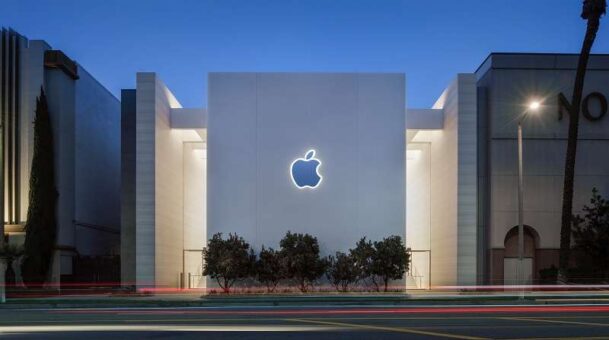Apple has wrapped up its fourth quarter with an impressive performance, reporting $102.5 billion in revenue, signaling strong demand across its product lineup.
However, despite this robust financial result, CEO Tim Cook revealed in an interview with CNBC that the company is dealing with supply constraints affecting several models from both the iPhone 17 lineup and last year’s iPhone 16 series. The shortage highlights the continued global manufacturing and component challenges facing the tech industry.
Holiday Quarter Expected to See Continued Growth
Apple’s momentum is expected to carry into the holiday season, historically the company’s most profitable period. According to Cook, revenue for the December quarter is projected to grow between 10% and 12%, supported by high demand for iPhones, wearables, and services. If expectations hold, Apple could see one of its strongest holiday quarters yet.
Siri Overhaul Coming in 2026
A major announcement from Cook was related to Apple’s long-awaited AI-powered Siri upgrade, part of its broader Apple Intelligence ecosystem. Originally scheduled for release earlier this year, the updated Siri has faced multiple delays. Cook confirmed that users can expect the next-generation Siri experience in 2026, with current reports suggesting a March 2026 launch window. The upgrade promises smarter voice capabilities, enhanced personalization, and deeper on-device AI integration.
More AI Partnerships on the Way
Apple’s AI strategy continues to evolve. After striking a notable partnership with OpenAI in 2024, Cook emphasized that the company plans to collaborate with additional AI providers to strengthen its Apple Intelligence platform. While he did not disclose specific partners, the remarks reflect Apple’s commitment to integrating powerful third-party AI models alongside its in-house technology.
Tariff Costs Continue to Climb
Cook also addressed the ongoing tariff situation, a major factor affecting the tech industry this year. Apple incurred $1.1 billion in additional tariff expenses in the September quarter alone and expects that figure to grow to $1.4 billion in the December quarter. These rising costs underscore the global trade pressures impacting tech manufacturers.
